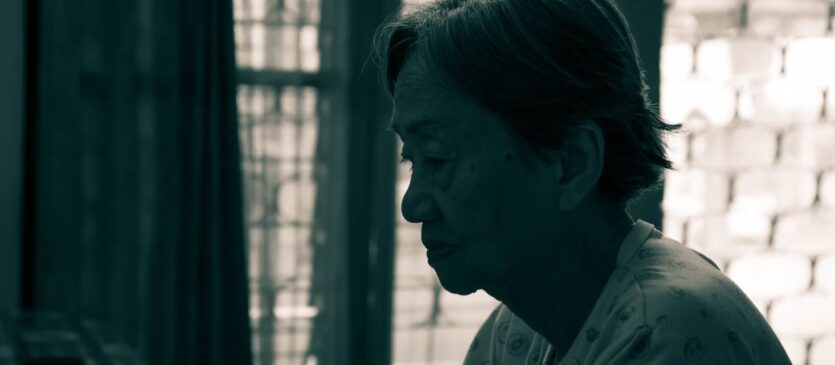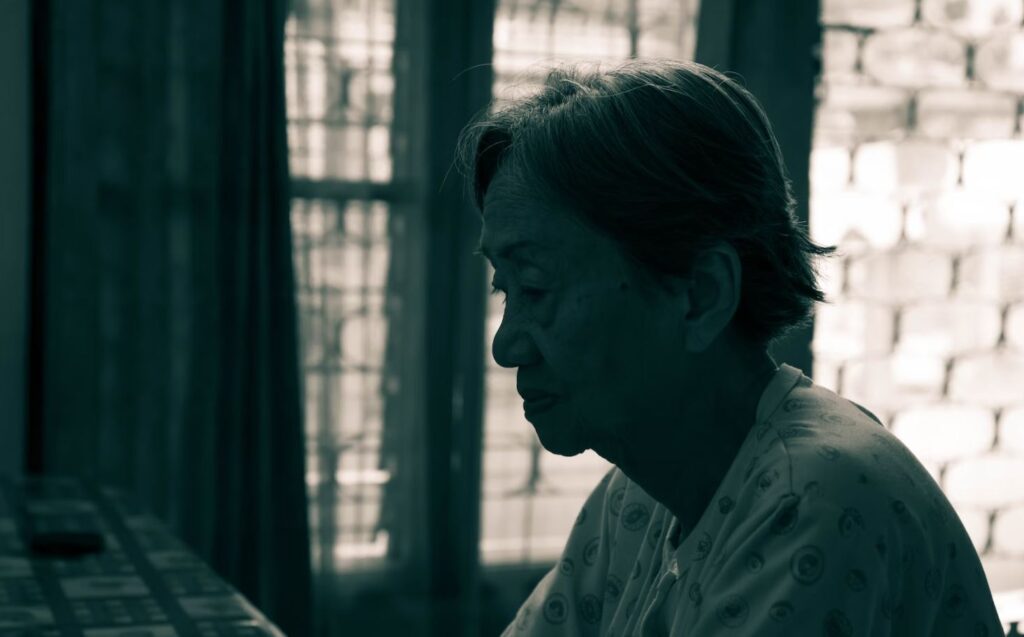The older population is vulnerable to many kinds of threats such as abuse and neglect. However they, too, can be a threat to themselves in the form of self-neglect.
In this article, we will discuss what self-neglect in the elderly, how to recognize the signs and when to intervene.
What is Self-Neglect in the Elderly?
Imagine going to an older adult’s home and seeing a house in disarray. You will notice a foul smell from somewhere in the house. You may also see dirty dishes and clutter all over the place. Apart from this, they may have dirty clothing strewn about, that is, if their clothes haven’t been washed too. You may also notice that they haven’t showered or bathed in days, or even weeks.
This is a classic example of self-neglect. Scenarios like this happen when older adults don’t have someone to step in to provide a caregiving role. Self-neglect happens when the elderly person manifests failure to provide themselves with adequate food, water, clothing, shelter, hygiene, grooming, medication, and also safety.
It’s important to note that self-neglect can begin dramatically. It doesn’t happen overnight. For example, hoarding behaviors could cause someone to have a sub-optimal quality of life. Litter increases to the point that it becomes difficult to move around, and even dangerous for the elderly.
Detecting Self-Neglect Among Older Adults
Self-neglect manifests itself in many ways. Some elders neglect taking their prescriptions or maintenance medication. Others neglect cleaning their homes or look after their hygiene and grooming.
Here are signs of self-neglect that you should watch out for:
- Confusion
- Inability to accomplish daily tasks
- Showing signs of depression
- Frequent slips and/or falls
- Excessive drinking and/or substance use
- Signs of poor hygiene
- Inability to care for or clean up their surroundings
- Poor physical health such as weight loss, dehydration
- Inability to take medication properly or on time
- Signs of poor grooming
- Not getting treatment for problems such as eyesight, hearing, or dental problems
- Unpaid bills or messy financial accounts
For family members of self-neglecting seniors, it may be difficult to convince them to get help. Or to accept help. They may even be in denial that there’s anything wrong and would even be defensive.
There are elderly people who have mild to moderate dementia who may be prone to self-neglect. It’s important to get proper diagnosis and get them the proper medical attention and assistance. This is because self-neglect can be unhealthy and hazardous as well.
This is why it’s important to consider assisted living facilities or nursing care for your elderly loved ones, so that you can have peace of mind knowing that they are taken care of. Assisted living or even adult day care facilities have flexible terms and lengths depending on your needs.
Talk to us at Blessed Home to learn more.


Recent Comments